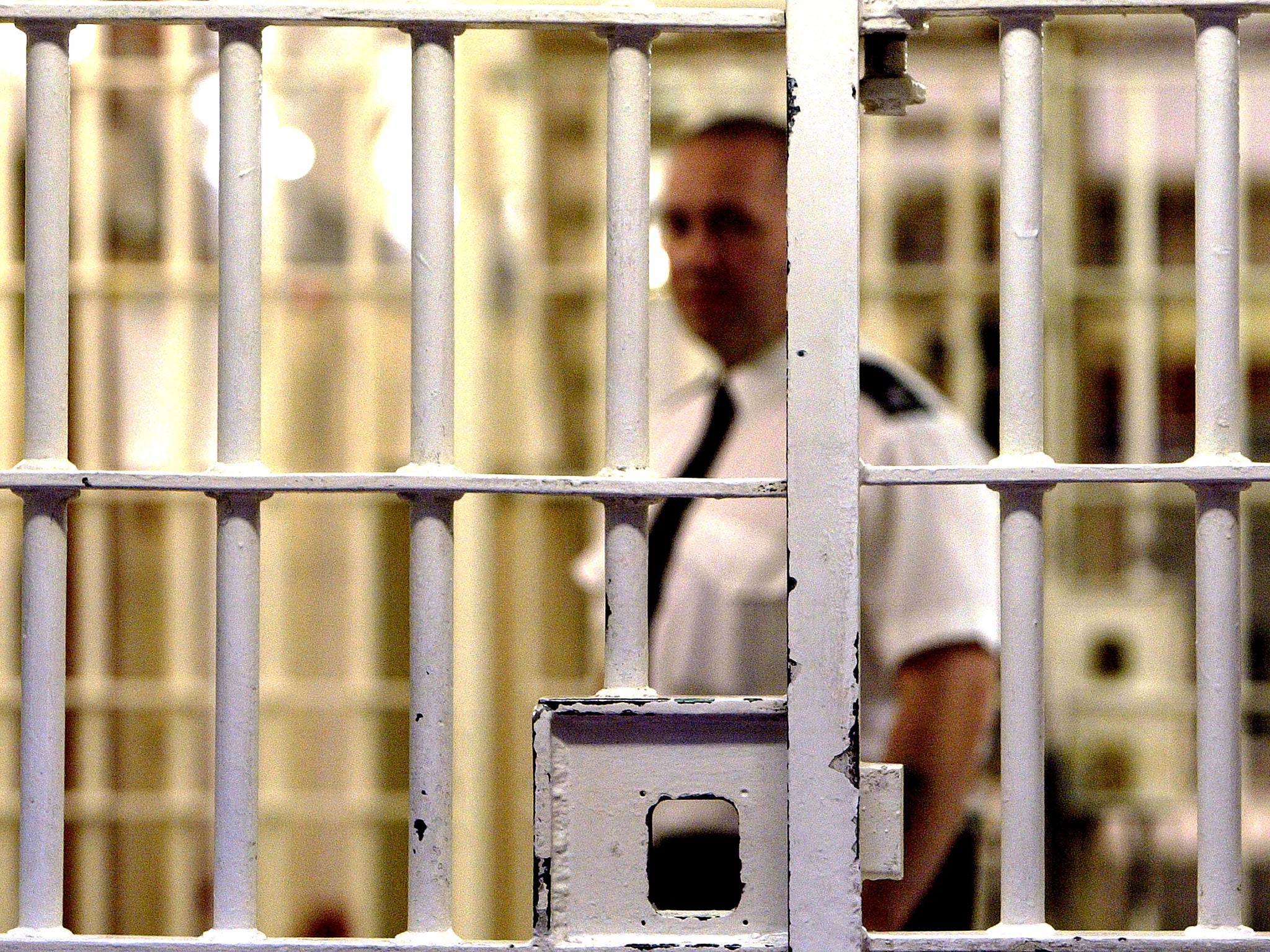Our prison system is costly, overcrowded and doesn't make us safer — so let's change it
Instead of imprisoning offenders we should find new ways to rehabilitate them

Your support helps us to tell the story
From reproductive rights to climate change to Big Tech, The Independent is on the ground when the story is developing. Whether it's investigating the financials of Elon Musk's pro-Trump PAC or producing our latest documentary, 'The A Word', which shines a light on the American women fighting for reproductive rights, we know how important it is to parse out the facts from the messaging.
At such a critical moment in US history, we need reporters on the ground. Your donation allows us to keep sending journalists to speak to both sides of the story.
The Independent is trusted by Americans across the entire political spectrum. And unlike many other quality news outlets, we choose not to lock Americans out of our reporting and analysis with paywalls. We believe quality journalism should be available to everyone, paid for by those who can afford it.
Your support makes all the difference.It was just over 24 years ago that a series of unprecedented riots erupted in English and Welsh prisons. They started on 1 April 1990. Less than a week later I was asked to report on what happened during six of the most serious riots.
I have had a deep interest in what is happening in our prison system ever since writing my report, which took nine months. I am still deeply interested, but also exasperated. Since 1990 there have been very promising developments from time to time within the prison system.
I had high hopes after the delivery of my report. In Parliament, both the government and the opposition were in favour of the recommendations I made. There was, however, one exception.
The Government rejected the recommendation aimed at controlling the number of persons in custody at any particular time. This would require a report to be sent to Parliament if the size of the prison population exceeded the number the facility were intended to accommodate.
After an initial lull in the growth of the prison population, the numbers have steadily climbed without any benefit to the safety of the public – apart, that is, from a most welcome reduction in the imprisonment of children and young people under the age of 18.
At the date of my report, the size of the prison population was about 44,000 and falling, while by 7 March 2014 it had increased to 84,738.
It’s clear that the increase in the size of the prison population has not achieved an improvement in protection of the public, although in recent times there has been a pleasing reduction in the number of certain crimes.
Overcrowding makes it extremely difficult to take the actions that ensure offenders will return to the community less, and not more, likely to commit further offences.
Furthermore, the cost of housing a population of prisoners of the present size is enormous, but unfortunately, this has not resulted in the reduction in the use of imprisonment, even in the present financial climate.
The current government has recently proposed placing a new, and much needed, emphasis on the rehabilitation of offenders, as part of the Offender Rehabilitation Act. If these proposals were to be implemented satisfactorily it could mark a significant change of direction, and a departure from past failures.
Rehabilitation of prisoners is critical because many will brought before the courts again shortly after their release. And their subsequent offences are often graver.
What is needed is a re-examination of our penal policies altogether, as well as the development of a fresh approach that is outside politics. A report published today by the British Academy titled "A Presumption Against Imprisonment: Social Order and Social Values" evaluates the use and practice of imprisonment in the UK over the last twenty years.
It urgently calls for a lower use of imprisonment as a punishment, and examines possible strategies to reduce our reliance on jailing offenders . It is essential reading for anyone interested in the well-being of our criminal justice system.
Its timing is particularly appropriate: the next general election is approaching and the precedent set by similar periods in the past is that political debate could well descend once again into a competition of claims and counter-claims, designed to demonstrate who can be toughest on crime, irrespective of the consequences in rising costs and an increase in offending.
While some readers may not regard all the recommendations it makes as the perfect antidotes to all our present problems, I hope it will be agreed that it does provide an intelligent and objective assessment of what has gone wrong, and the possible remedies.
You can find out more about the British Academy and its public policy output on its website
Join our commenting forum
Join thought-provoking conversations, follow other Independent readers and see their replies
Comments